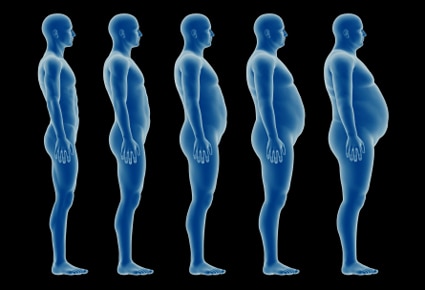Is Testosterone Good or Bad for Stem Cells? More on Our Recent Study

Testosterone use in men has exploded this past 10 years. Commercials lace the airways warning men of the problems of “Low T”. At the same time, due to recent studies suggesting that older men have more heart attacks on testosterone, the same airwaves are starting to become populated with advertisements for law firms seeking clients to sue testosterone makers. It’s a bit of a mess. Our own study into testosterone and stem cells further muddied that water by suggesting that the hormone may hurt adult stem cells. However, when we dig deeper into that data does it have more to tell us?
To review, we took 20 men who had low testosterone and first harvested their stem cells. We then froze those cells down and placed the men on testosterone and thyroid (the most common program used today by age management physicians). They were seen at 6 weeks to measure levels and adjust meds and then at 3 months to take new levels and then take stem cells. They were told to change nothing else. Regrettably, we saw an average decline in adult mesnechymal stem cell number from bone marrow of 49%. At the time, busy with a million other things, I only really studied the lab data and had our advanced research team slice and dice that data. This past week, knowing I would be presenting this data at an age management conference today, I began to also look at the clinical data.
What should I have found in the clinical lab data based on the experience of many physicians who practice age management using testosterone? Basically an improvement in heart risk factors like cholesterol and tricglycerides. In addition, I should have also seen improvements in blood sugar control (HbA1C). This is what I found in our testosterone stem cells study instead:
- 5/20 did not achieve optimal testosterone levels (170-200)
- 8/20 undershot (2) or overshot (6) their Free T3 levels of <4.0->4.4
- 7/20 had DHEA under 500
- 11/20 increased their HbA1C
My biggest concern was the HbA1C levels-they went up in many patients. This suggests blood sugar control got worse – something that in our experience can hurt adult stem cells. In addition, many patients didn’t end up getting to optimal testosterone levels in our 3 month “guerrilla program”. Why? From talking to the clinician treating these patients, these men considered they were on a “wonder drug” and didn’t make the lifestyle changes that many age management doctors stress.
So what did we learn? Like the recent VA study where they willy-nilly placed unhealthy elderly men on testosterone and saw bad things – we placed middle aged men who were unhealthy on a wonder drug and in a short-term program weren’t able to do what needed to be done – a hormone and lifestyle overhaul. The good news is that we learned that this type of program won’t help their stem cells. In addition, we may have put a drop of water in the knowledge bucket about the use of this drug in men who aren’t devoted to also changing their life-style.
The upshot? Based on what I’ve seen, testosterone works well when used as part of a major lifestyle reboot and when it’s closely monitored over a long period of time. It is not a stem cell wonder drug for short-term use!

If you have questions or comments about this blog post, please email us at [email protected]
NOTE: This blog post provides general information to help the reader better understand regenerative medicine, musculoskeletal health, and related subjects. All content provided in this blog, website, or any linked materials, including text, graphics, images, patient profiles, outcomes, and information, are not intended and should not be considered or used as a substitute for medical advice, diagnosis, or treatment. Please always consult with a professional and certified healthcare provider to discuss if a treatment is right for you.
